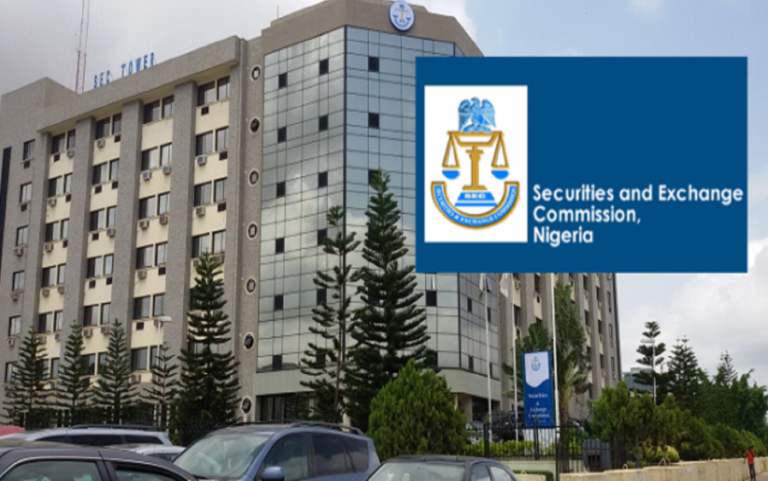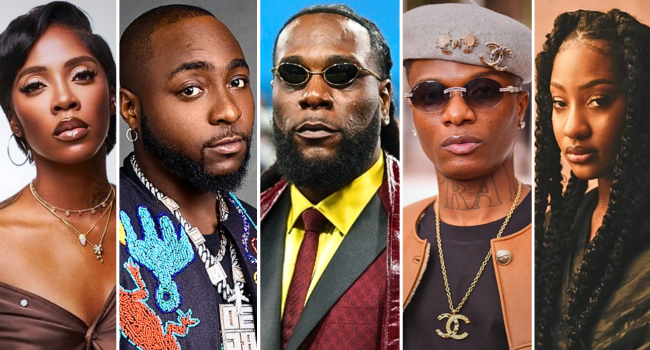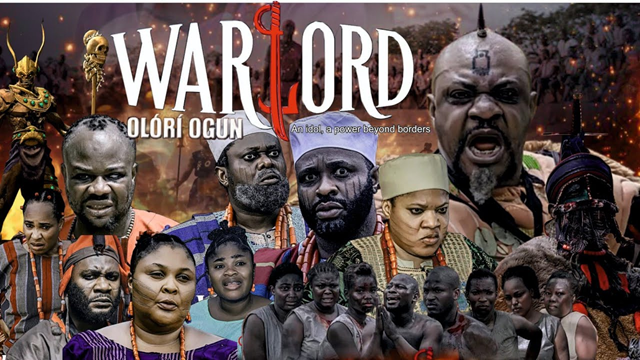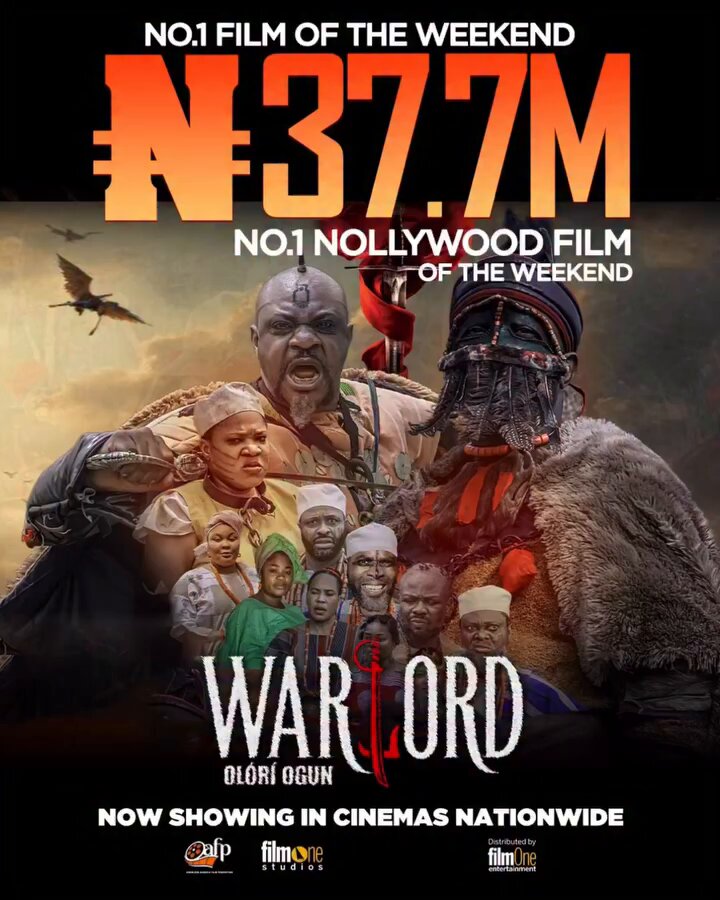LAGOS—Proceedings at the Court of Appeal in Lagos were brought to an abrupt and dramatic halt on Thursday after a fierce and heated dispute erupted among senior lawyers over who holds the authority to represent Nestoil Limited and its affiliate, Neconde Energy Limited, in a multibillion-naira debt recovery case.
The internal legal clash forced the three-member appellate court panel to immediately adjourn the matter until January, prioritizing the resolution of the representation dispute before proceeding with the substantive appeal.
The Conflict: Two Teams Claiming Rightful Counsel
The confusion began during Thursday’s hearing when counsel were directed to announce their appearances. Two distinct legal teams rose to claim representation for the respondents, Nestoil and Neconde, who are facing a debt recovery suit from FBNQuest Merchant Bank Limited and First Trustees Limited over an alleged debt exceeding $1 billion and ₦430 billion.
-
The Original Team: Chief Wole Olanipekun, SAN, who has represented Neconde, and Dr. Muiz Banire, SAN, who represented Nestoil at the Federal High Court, announced their continued appearance for the firms.
-
The Receiver’s Team: Separately, Ayoola Ajayi, SAN, and Ayo Olorunfemi, SAN, announced their appearance for Nestoil and Neconde, respectively. This team was reportedly appointed by the receiver/manager, Abubakar Sulu-Gambari, SAN, who was put in charge of the companies’ assets by court order.
Chief Olanipekun, SAN, expressed profound shock, telling the court: “I am embarrassed. In my 49 years of practice, I have never had a dispute over representation with any lawyer in court.” He accused the appellants of creating the conflict by serving processes on the receiver’s counsel rather than the counsel of record.
Conversely, Ayoola Ajayi, SAN, insisted that he was properly appointed by the court-sanctioned receiver and urged the court to first resolve the counsel dispute, citing its precedence over all other applications, including jurisdiction.
Court Adjourns to January to Resolve Tussle
Presiding Justice Yargata Nimpar ultimately ruled that the matter of legal representation must be resolved before the court could proceed with the substantive appeal, stating that there was an “obvious conflict”.
The panel subsequently adjourned the case to January 15, 2026, directing all contending lawyers to file affidavits and written addresses to legally justify their right to appear for the two companies.
Background: The Receivership Context
The appeal itself was filed by FBNQuest Merchant Bank and First Trustees to challenge a ruling by the Federal High Court, which had vacated an earlier Mareva injunction freezing Nestoil and Neconde’s assets.
Prior to the adjournment, the Court of Appeal had already granted a restorative injunction, which effectively reversed the lower court’s decision and ordered that Nestoil and Neconde remain under the control of the receiver/manager pending the full hearing of the appeal. The current legal tussle means that despite the change in lawyers, the companies will remain under receivership until the appellate court determines the valid counsel and hears the substantive matter next year.




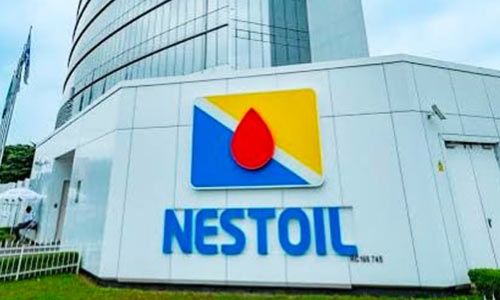
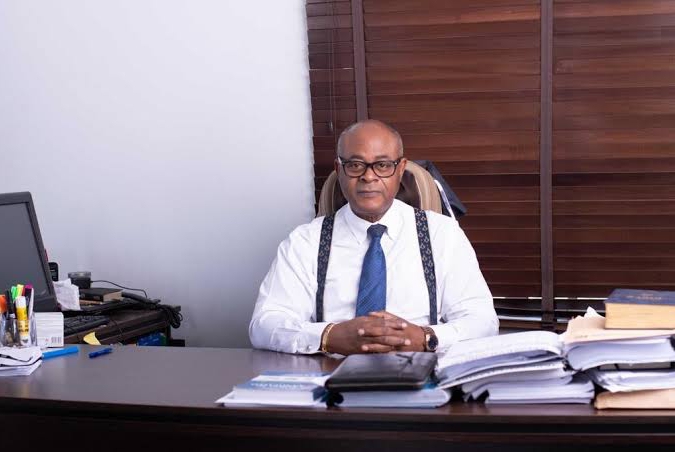
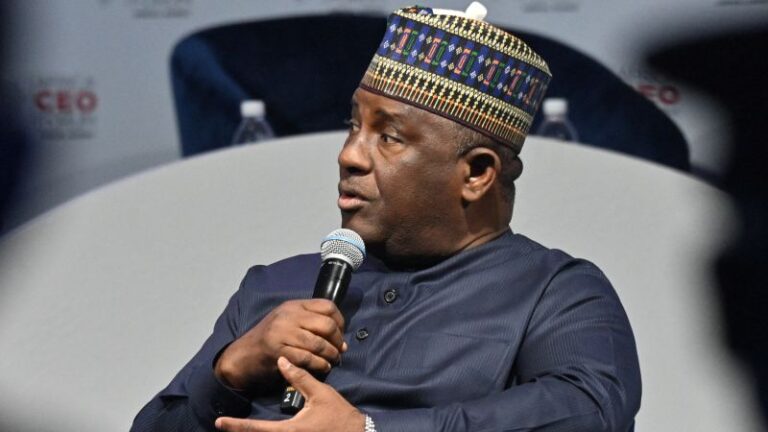
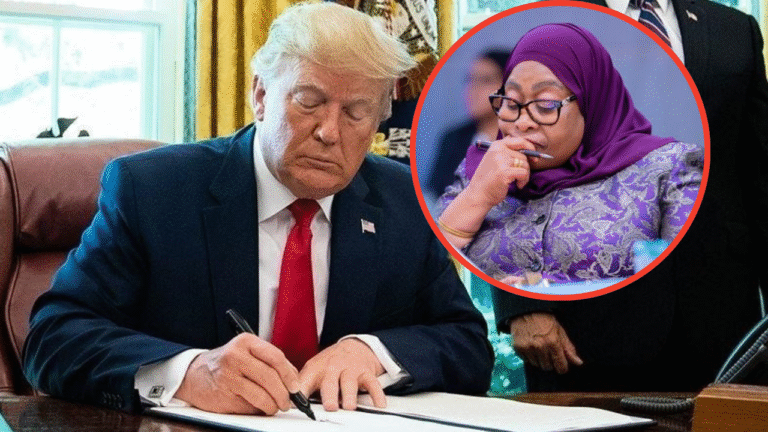
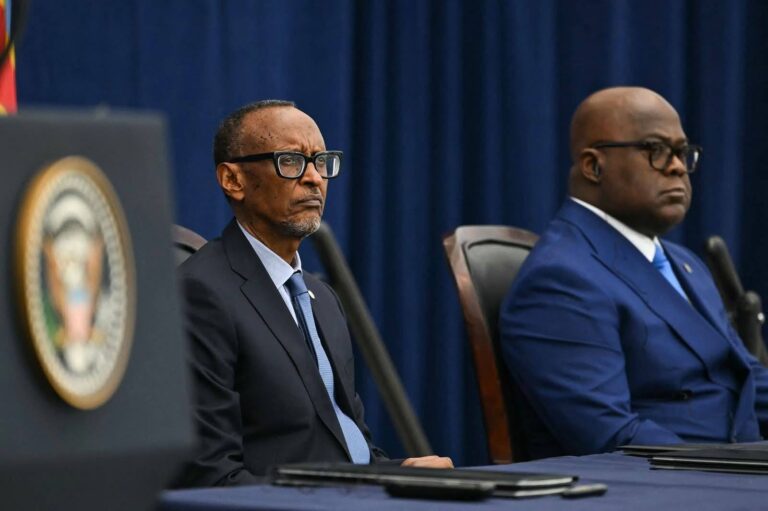

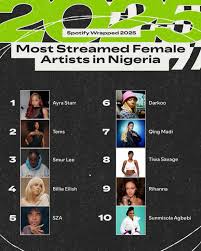 Ayra Starr Maintains Streaming Supremacy
Ayra Starr Maintains Streaming Supremacy